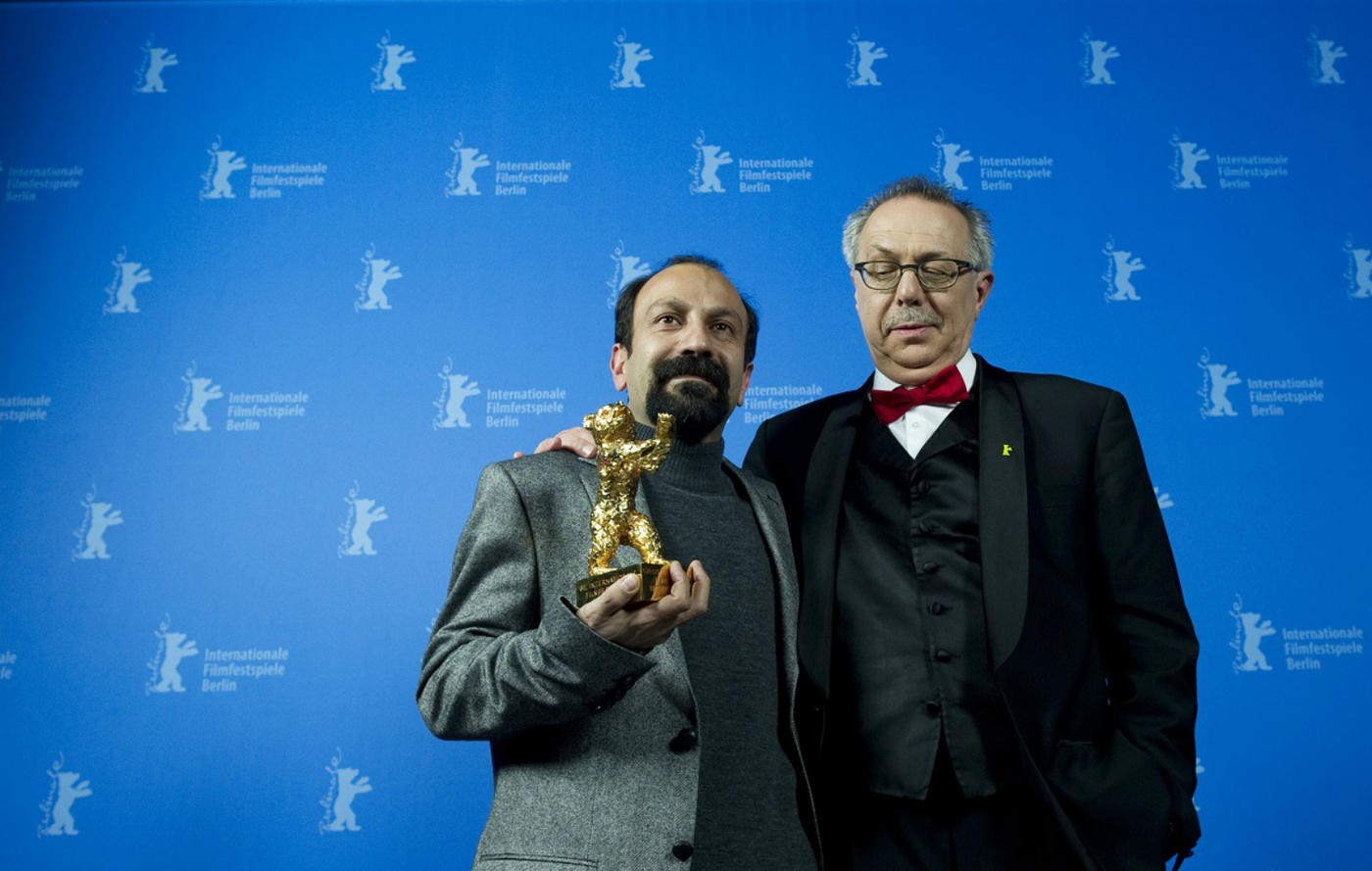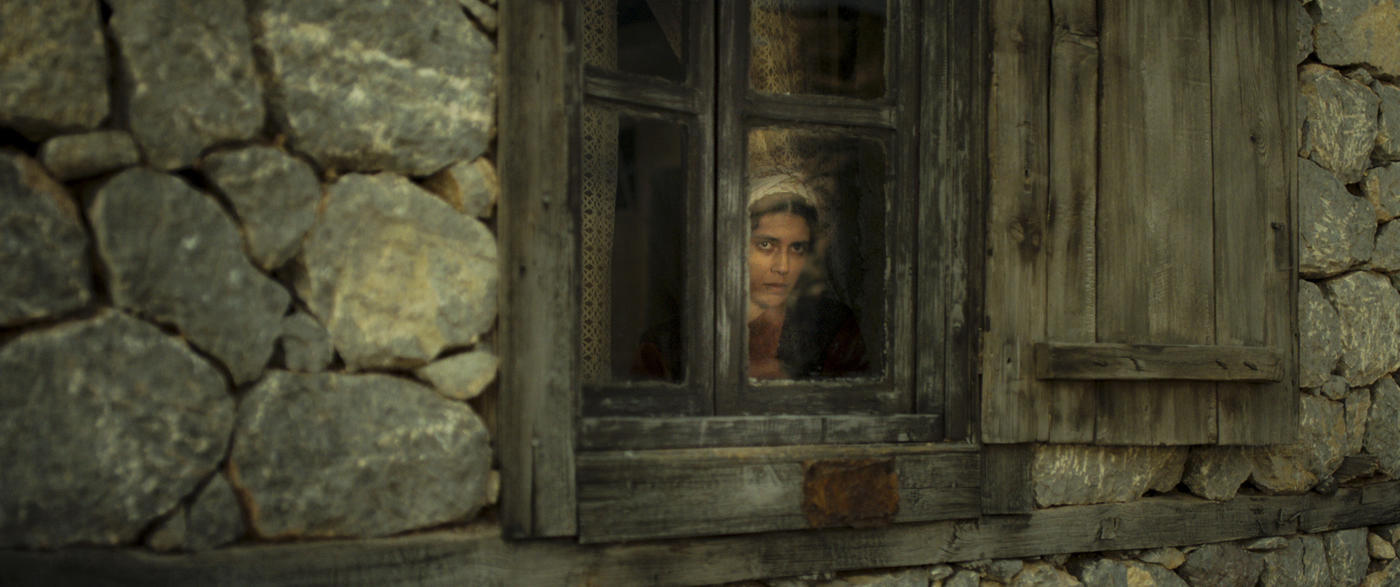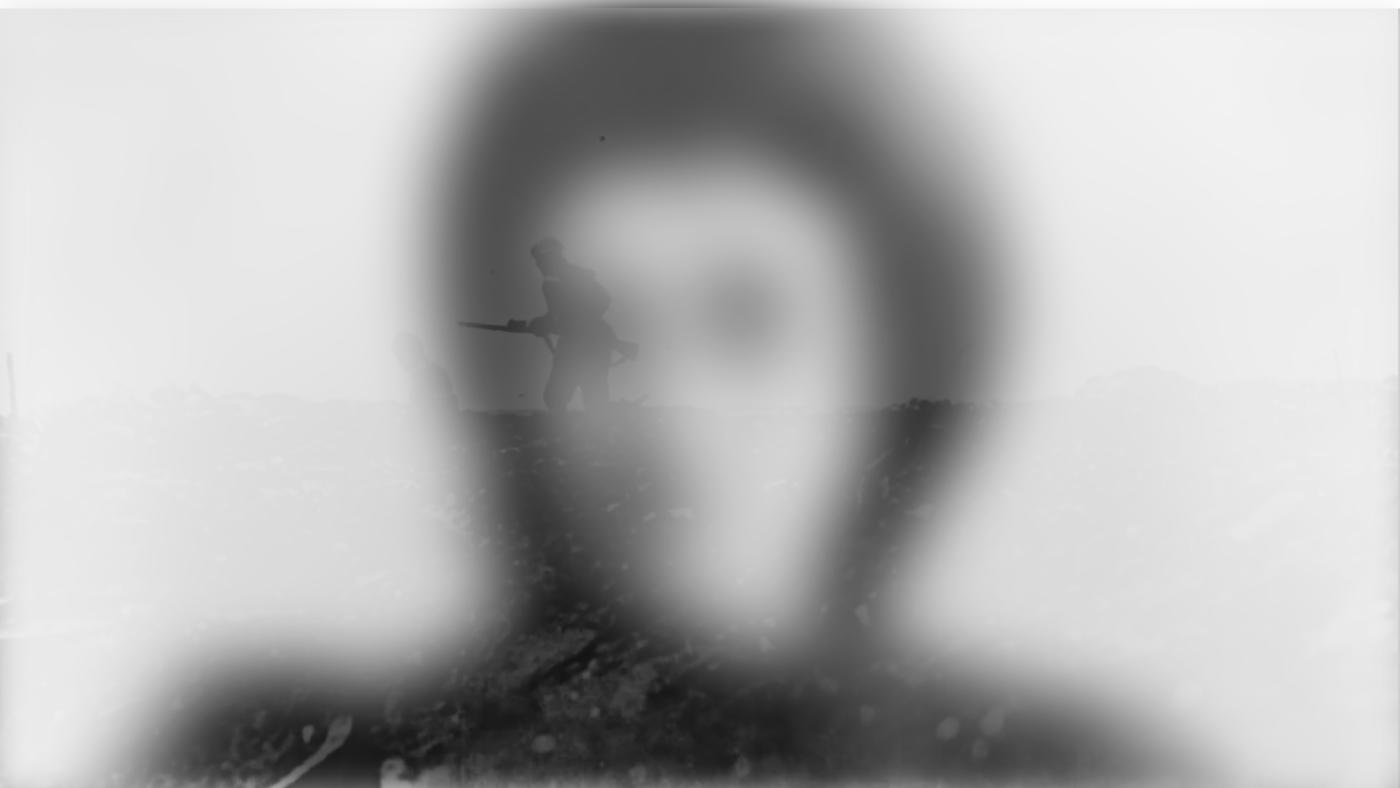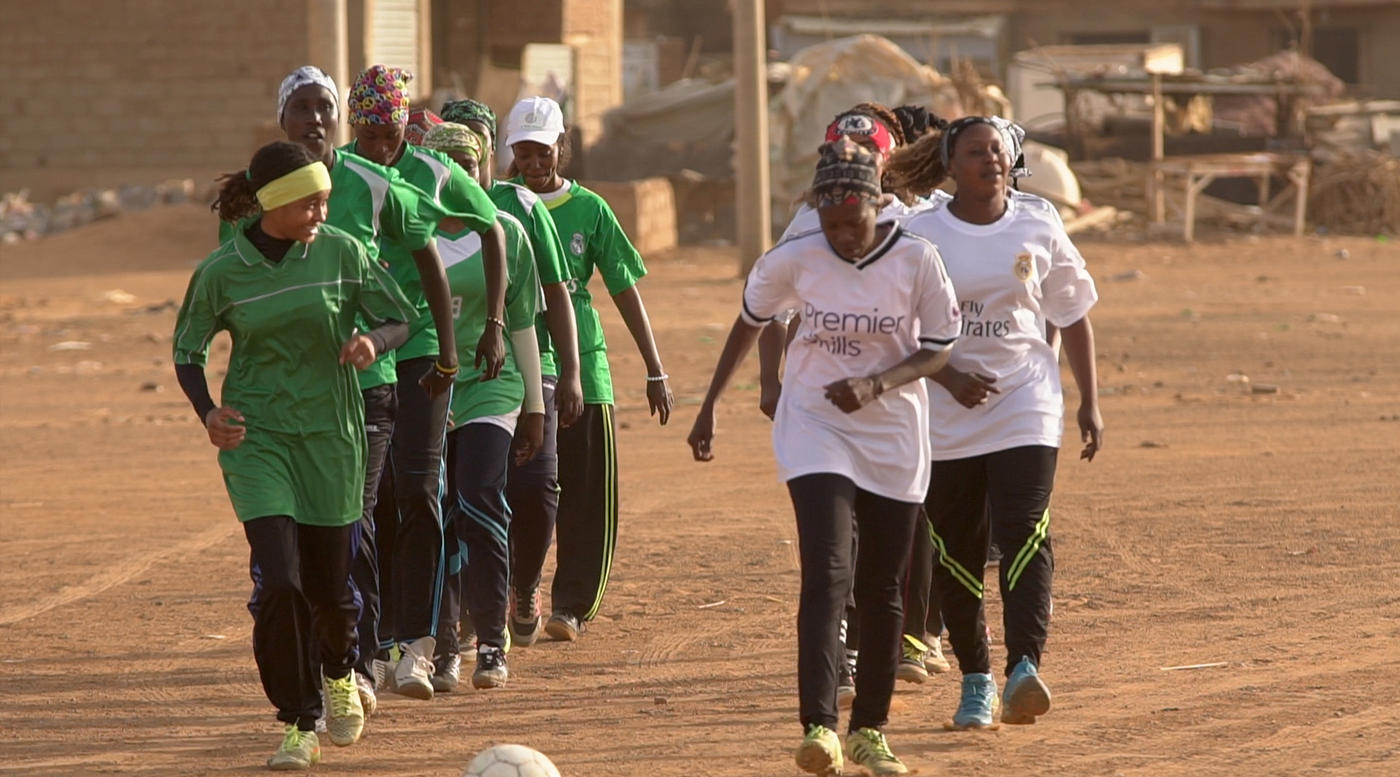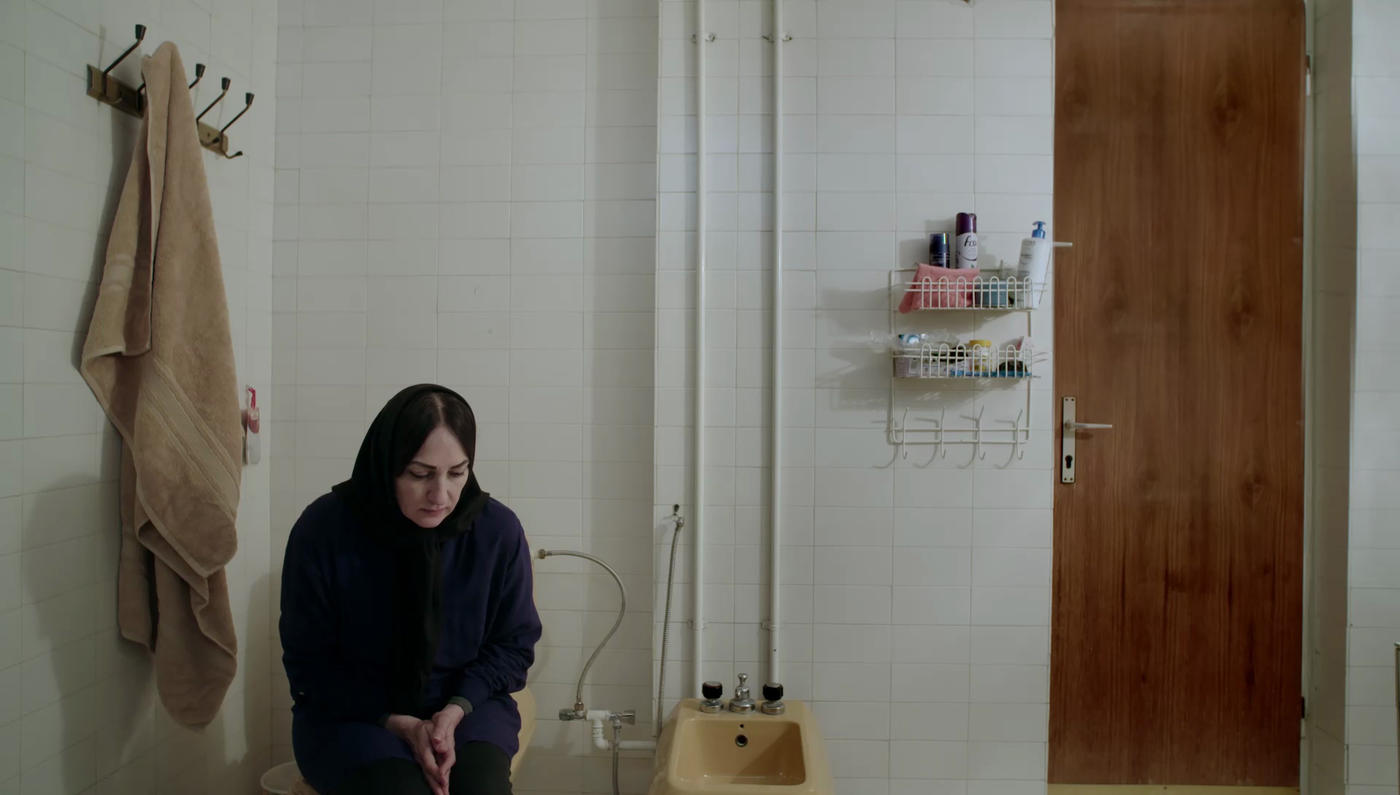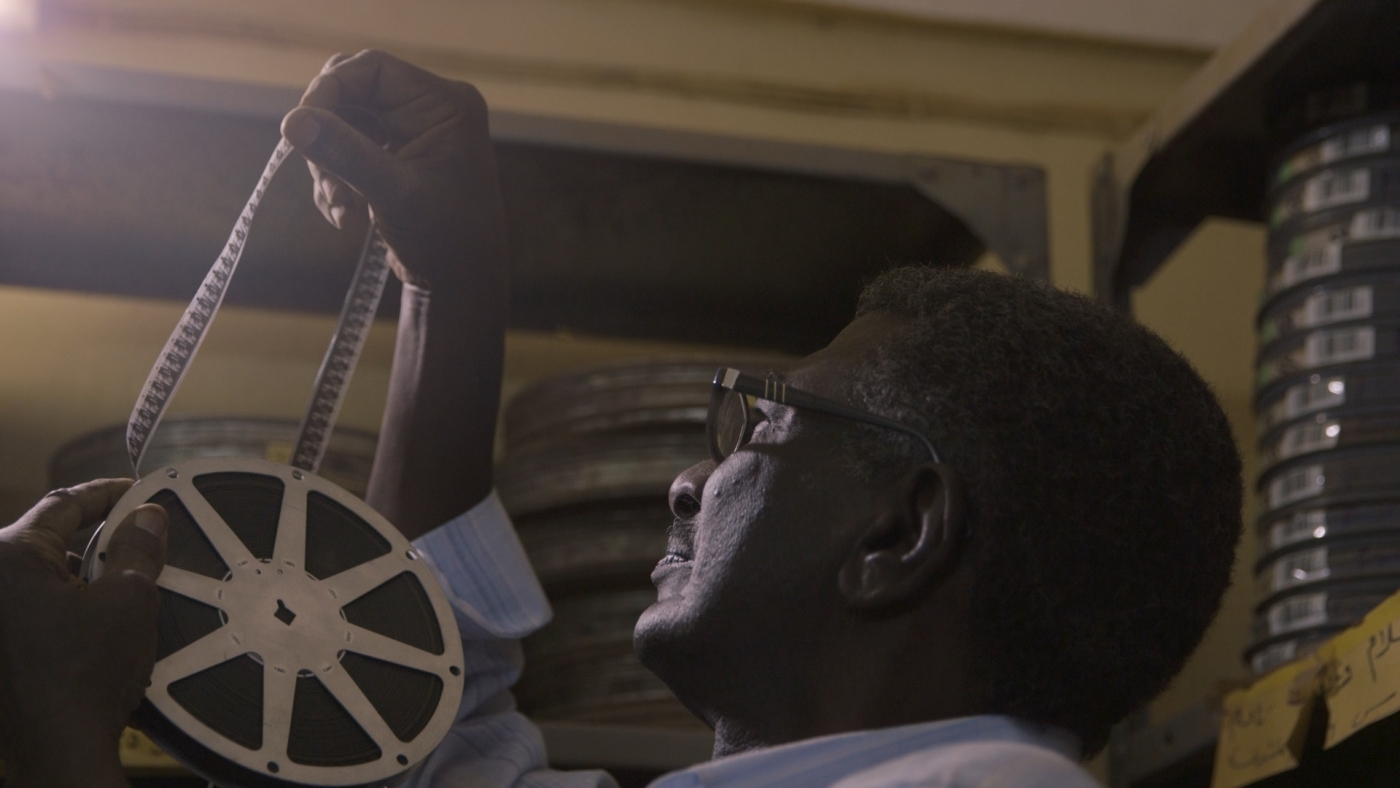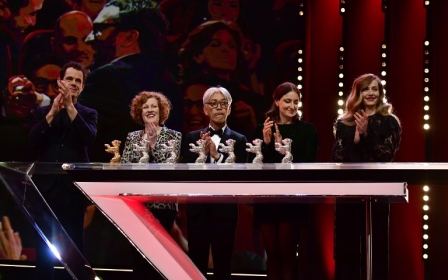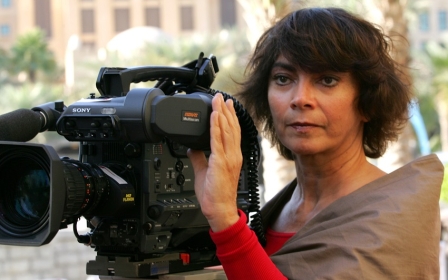Berlin Film Festival: Middle East cinema takes the stage amid criticism of event
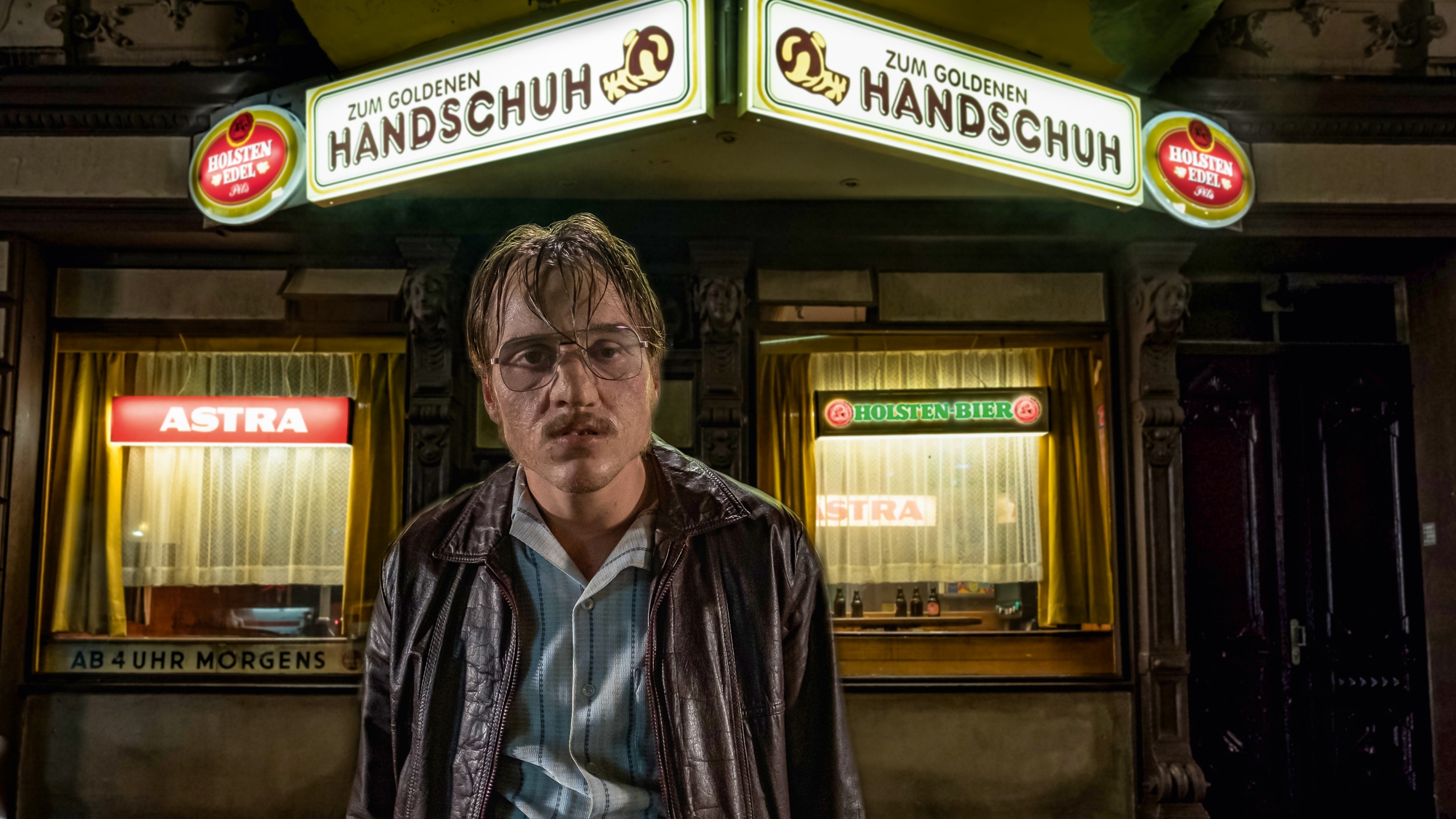
It was little surprise when the Berlin International Film Festival – which begins on 7 February - announced that its 2019 edition would be the last presided over by long-serving director Dieter Kosslick.
For several years, the festival, more commonly known as the Berlinale, has been bombarded with bad reviews.
Despite being one of the world's biggest film events, film-makers hold their films back for premieres at more Oscar-friendly platforms such as Cannes (May), Venice (late August) or even Toronto (September).
Nor is Berlin a festival where more recent studios such as Netflix strive to showcase their films at: Amazon screened the Spike Lee joint Chi-Raq at the Berlinale in 2016 after it had already premiered online in the US. Best Foreign Film category aside, it’s not a festival that influences the awards season.
Under Dieter Kosslick the Berlinale has become overtly political, as the quality of the films in competition, steadily began to drop
In their vehement quest to balance glamour with art, the festival has played host to many American duds, such as The Monuments Men (2014) and Fifty Shades of Grey (2015), alongside dozens of challenging art-house features from around the globe.
Under Kosslick, who has been in charge since 2001, the Berlinale has become overtly political, as the quality of the films in competition, jostling to win the Golden Bear, steadily began to drop.
Most detrimental of all, however, has been the mushrooming in the number of sections and overall volume of films.
In addition to the main competition, the official selection of world and international premieres now features several additional sidebars including Panorama, Forum, Forum Expanded, Generation, Perspektive Deutsches Kino, Culinary Cinema and Berlinale Shorts.
This year Berlinale Series, reserved for TV shows, is being added, making Berlin the biggest competitive A-list festival there is, with more than double the selections of rivals Cannes and Venice.
Lost in the line-up
Emerging Middle Eastern cinema has featured heavily amid this expansion. The careers of Middle Eastern film-makers such as Palestinian Oscar nominee Hany Abu-Assad (Paradise Now, 2005) and Iranian Oscar winner Asghar Farhadi (A Separation, 2011) were made in Berlin.
But while several films have undoubtedly benefited from their great exposure, many others have been buried, lost in a bloated lineup no media outlet, production company or sales agency can comprehensively cover.
For a Middle Eastern film-maker at Berlin, premiering a project outside competition or a special gala can be a major gamble: judging by the scant number of reviews Middle Eastern films have received during the past few years, most get overlooked in the media rush to cover the major titles.
But contrary to recent years, and perhaps in a sign of changes come, the Middle Eastern selection at the 69th Berlinale is particularly intriguing, featuring experimental films, political allegories, documentaries and one rediscovered classic.
It also happens to be the smallest lineup in many years.
The return of Turkey
Heading this year’s list is Turkish provocateur Emin Alper with the sole Middle Eastern movie in competition.
A Tale of Three Sisters, his third feature, is an ensemble drama about three sisters from an impoverished remote village in 1980s central Anatolia who are sent to town to work as housemaids. The siblings eventually return home to their father after failing their employers, using this reunion to find strength within themselves and each other to carry on.
The most politically outspoken Turkish filmmaker working today, Alper rose to fame with his political allegories, Beyond the Hill (2012) and Frenzy (2015), which explored how the state uses different forms of fear tactics to force its citizens into submission.
He then courted controversy with his public support for the Gezi protests of 2013 and his subsequent signing of the 2016 petition that called for the release of the academics who were rounded up for denouncing the Erdogan regime for its attacks on the Kurds. His actions, he insisted in several interviews, excluded him from state funding, pushing him to seek private investments for his latest endeavour (it is a Turkish-German-Dutch-Greek co-production). How far his new drama can push his critical political agenda remains to be seen.
The second Turkish film in the selection is Burak Cevik’s Forum entry Belonging, an experimental thriller about a man plotting the killing of his future mother-in-law.
Adopting a non-linear narrative informed by mood rather than tangible plotting, Cevik’s second outing could prove to be more successful than his disappointing meandering debut, The Pillar of Salt, which premiered last year in the same section at the Berlinale and barely travelled to other festivals afterwards.
Is it Sudan's time?
Veteran Lebanese auteur Ghassan Salhab was last seen at the Berlinale in 2015 with his highly acclaimed narrative feature, The Valley. This year he returns to the Forum – which leans towards experimental film – with An Open Rose, an essayistic collage that uses the letters of Polish-German Marxist theorist and short-lived revolutionary leader, Rosa Luxemburg, from her time in prison to examine the militarisation of the Middle East in the 20th century.
Salhab is known for genre-bending contemplative treatises that have earned him a small but devoted following. An Open Rose, his second non-fiction work in a row, should continue his fascinating mid-career formal and thematic experimentation.
But the biggest discovery of this year’s edition from the Middle East could very well be Sudan, the new Arab cinema on the block making its major international festival debut with two documentaries by first-time filmmakers: Marwa Zein’s Forum contender, Khartoum Offside; and Suhaib Gasmelbari’s Panorama pick, Talking About Trees.
The first is a panoramic view of present-day Khartoum – a city rarely shown through film – as seen from the viewpoint of a young female entrepreneur striving to open a bar whose revenues could help her assemble the country’s first female football team for the Women’s World Cup.
The second, on the other hand, surveys the unknown history of Sudanese cinema through the story of four friends grappling to revive an old venue.
Buzz for supernatural mystery
Iran has had a modest presence during the recent past at Berlin – and this year is no different, with only a single feature representing the once powerhouse cinema across all sections. Deviating from the country’s signature social realism, newcomer Suzan Iravanian is attracting buzz for her Forum curio, Leakage, a supernatural mystery about a fifty-something middle-class woman who starts leaking oil from her body after her husband disappears.
A metaphorical tale about the chaos and uncertainty engulfing Iranian society, Leakage could prove to be the surprise Middle Eastern hit.
Another major curiosity is Mostafa Derkaoui’s forgotten 1974 classic, About Some Meaningless Event, a docudrama about a group of filmmakers asking passersby in Casablanca about their expectations for Moroccan cinema, only to shift their focus to a resentful worker who accidentally kills his superior.
An investigation of the role of cinema and art in society, this militant effort - which was primarily funded by the sale of paintings of a number of contemporary painters – was banned in Morocco and virtually disappeared, until a negative print was discovered in the Spanish film archive, Filmoteca de Catalunya, in 2016 and subsequently restored.
A more personal affair is Dutch-Palestinian filmmaker Omar Shargawi’s Danish-Dutch co-production, Western Arabs, an intimate docu-fiction about the director’s thorny relationship with his feisty Palestinian father who never succeeded in fully assimilating into Danish society. Shot over 12 years, Western Arabs marks another chapter in Shargawi’s extending oeuvre of wounded masculinity and conflicted racial identity.
And then of course there’s The Golden Glove, the surprise competition nominee from German-Turkish director, Fatih Akin. He has always had a knack for integrating characters and themes related to his Turkish background in most of his films – In July, Edge of Heaven, The Cut, Crossing the Bridge and In the Fade, the last of which earned him a Golden Globe.
Glove, from the outset, appears to be a purely German story: an adaptation of Heinz Strunk’s 2016 best-selling crime novel about Fritz Honka, the notorious serial killer who dismembered and murdered several prostitutes in Hamburg between 1970-75. A lurid tale about sexual deviance, social depravity and estrangement set against the 1970s, Akin’s first Berlinale contender since his 2004 Golden Bear-winning breakout hit Head-On is also a study of the repressed sexism, racism and greed lurking underneath the civil facade of a people forced to suppress their deep hatred for the different other.
In that sense, The Golden Glove could prove to be the most urgent, most relevant work to Middle Eastern reality this year in Berlin.
Middle East Eye propose une couverture et une analyse indépendantes et incomparables du Moyen-Orient, de l’Afrique du Nord et d’autres régions du monde. Pour en savoir plus sur la reprise de ce contenu et les frais qui s’appliquent, veuillez remplir ce formulaire [en anglais]. Pour en savoir plus sur MEE, cliquez ici [en anglais].


